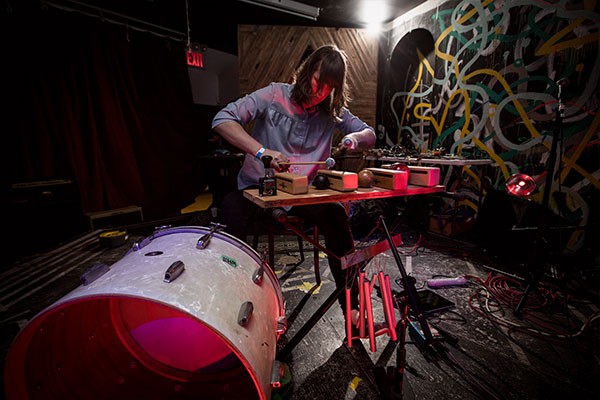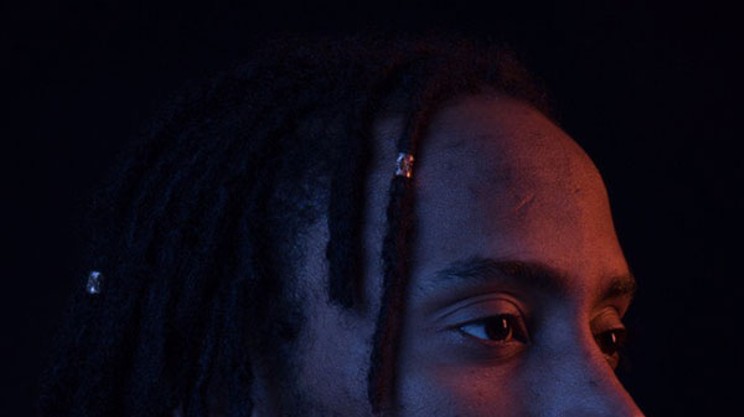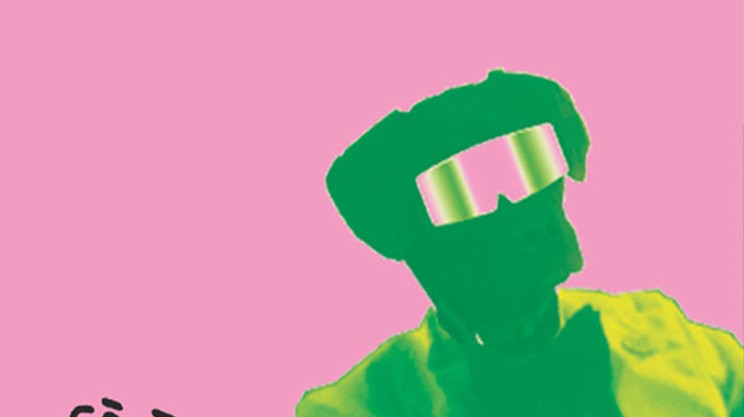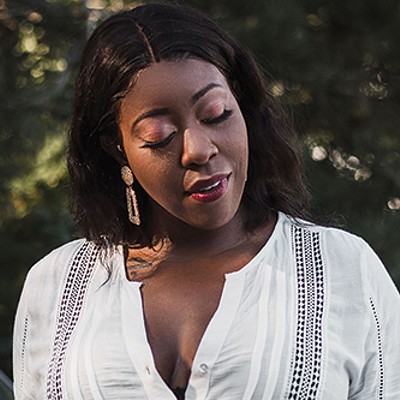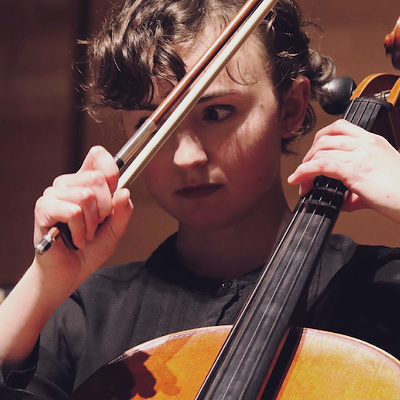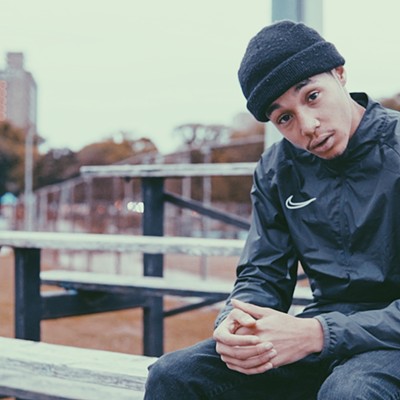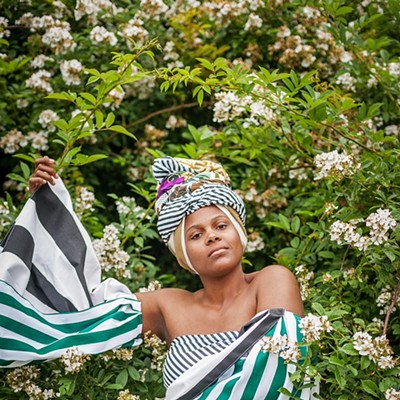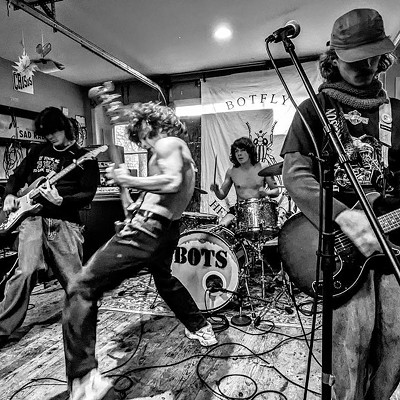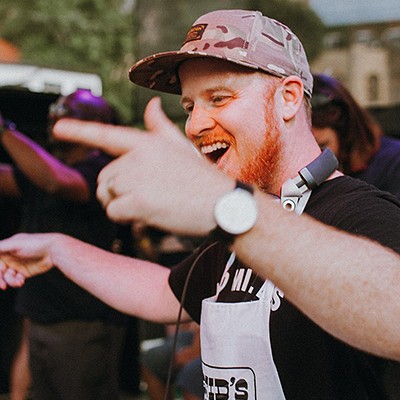Sarah Hennies w/Melody McKiver
Friday, May 25, 7:30pm
Bus Stop Theatre, 2203 Gottingen Street
$20, all ages
Contralto screening
Friday, May 25, 6pm
Halifax North Memorial Public Library, 2285 Gottingen Street
free
Somewhere between starting drum lessons at age nine and studying modern classical music at grad school, avant percussionist and composer Sarah Hennies began a radical reimagining of what percussion can be.
Hennies spent the majority of her youth making music in the DIY and punk music scenes of Lousiville, Kentucky. But it wasn’t until her introduction to modern classical music in high school—and further music studies in Illinois and California—that she found space to create the sort of work she was interested in: Fiercely boundary-pushing percussion music that examines queerness, identity and performativity.
“As soon as I found that, I just became totally obsessed with it,” she says. “I still liked playing rock music, but all of a sudden that was like finding a new planet…It was a lot like being taken to my first punk show, like ‘Oh god, where has this been?’”
Now based in Ithaca, New York, Hennies’ work as a percussionist straddles the realms of academia and DIY, taking influence from her studies in modern classical music, her roots in punk and a continued interest in subversion. Her practice dives deep into the way sound—recorded or performed—might create space for an exploration of queer and trans identities. Where other instrumentalists are often guided by the form and mechanics of their instruments, Hennies sees percussion as instrumental music-making that isn’t necessarily tethered to the identity or usefulness of an object. In her world, percussion becomes a way to subvert musical expectation, to queer it.
“The spectrum of what can be given to a percussionist to play is so wide that I realized that the definition of a percussionist is someone who does everything else,” says Hennies. “You, as a percussionist, have the ability to define your own identity in a way that other instrumentalists don’t have. That, to me, resonated really strongly with the queerness...the only thing it definitively signifies is ‘not straight.’ It’s a word that encompasses many, many things, and it’s exactly the same thing, is what I’m saying about percussion.”
This subverting of form and identity is only augmented in Hennies’ live performance. She says her solo performance at OBEY Convention will figure into her current exploration of how movement and visual representation affect understandings of sound and music.
“If you’re playing a cello, everything is in service of making the cello sound beautiful, everything is in service of making the cello sound beautiful and executing that piece,” she says. “But there [can also be] this performative element where there’s something happening that is in service of something else beyond the sound of the piece, and I’m really interested in doing stuff like that.”
Hennies’ visit to Halifax will also include the Canadian premiere of her film Contralto, an hour-long video dive into the intersections of voice and trans identity. The film marks her first time working as a director, something she says was necessary given her subject matter.
“I realized that if I wanted to make a piece that was a trans woman only space, and then show that piece to an audience, that you needed to see the people,” she says. “People so automatically gender all the people that they hear and see—it just happens, it’s an impulse. Julia Serano, an amazing trans woman writer and theorist, says that every minute of every day, you are constantly gendering every person that you see, whether you’re engaging with it or not, that’s just happening. So by having it be a film, with these people with these non-normative female voices, having to see them forces your hand a little bit.
“You have to think about how these people sound in a different way.”

